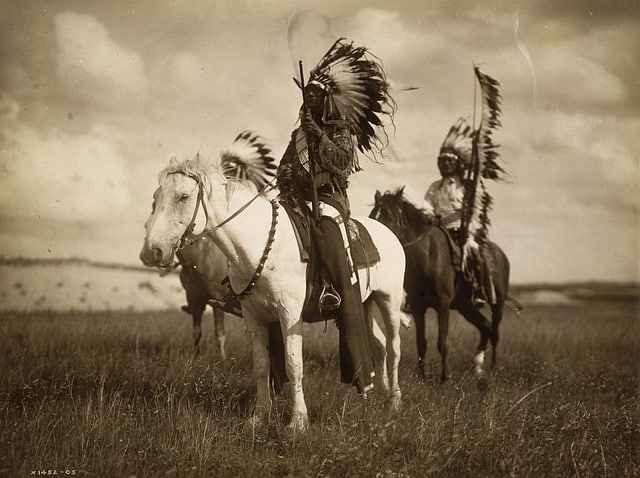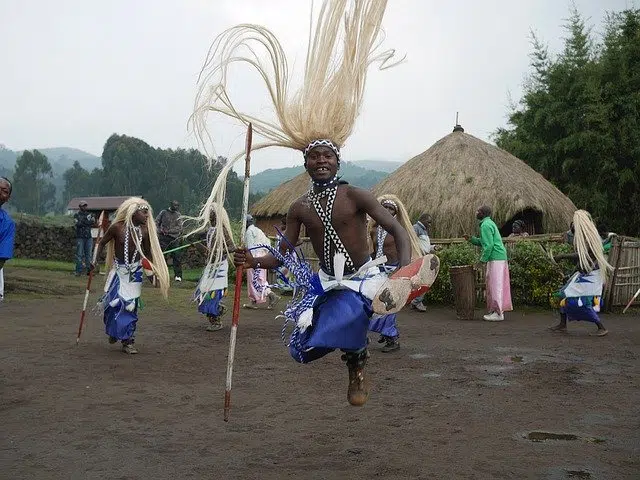
The leader of an Aboriginal community is called a cacique.
The highest authority of an Aboriginal community is called a chief . The concept arose in the Taíno groups that lived in the Antilles . With the Spanish colonization of the American continent, the notion began to be used with reference to all indigenous leaders.
For example: "When the Europeans arrived, they were received by the chief" , "Tomorrow there will be a meeting of chiefs from the different indigenous reserves in the region" , "The inhabitants of the community are accustomed to going to the chief before the police." » .
Origins of the term
Regarding the etymology of the term cacique , scholars indicate that its origin is found in the aboriginal languages of the Caribbean, since - as indicated above - the Taínos of Santo Domingo called their chiefs this way. Apparently, this word derives from cakchiqueles , which was used to name the political leaders of the tribes in Central America. In the Popol Vuh , the book that tells the history of the Quiche , a Guatemalan people, we can find this same word.
It is important to note that in ancient times there was no organization based on borders, as is used today, and for this reason it was normal for customs and knowledge to "travel" from one tribe to another, from one ethnic group to another. , something that often makes it difficult to find the exact evolution of certain words.
On the American continent, the use of the term cacique was actively promoted by the Spanish monarchs. In 2005, on the other hand, the historian Charles C. Mann published a book titled " 1491: New revelations from the Americas before Columbus " in which he suggests its use to refer to the aboriginal monarchs of America, distinguishing them from the Europeans, whom he prefers to call " kings " (something that can be seen in the case of the kings of the Franks and those of the Huns , among others).
The Spanish conquest and the caciques
The Spanish invasions, which depending on the source are known as the "discovery of America", meant a wave of violence for the natives , who had to submit to the will of another people in an unfair and, why not, arbitrary way. . Among all the unfortunate events that the conquerors carried out, the murder of many chiefs stands out.
However, it is worth noting that this did not bring about the end of the chiefdom; On the contrary, it managed to survive throughout history in its various manifestations. Today it is still valid, although the term leader is used more frequently.

Today, a leader is known as a cacique.
Leaders of yesterday and today
The type of leadership of the chief varied according to each community . Some held great power over the rest of the inhabitants, while the authority of others was subject to an assembly. Even today there are chiefs in indigenous communities in different parts of the world.
By extension, the term chief is used in a broader sense to name any individual who, in a group , exercises authority by abusing his power . In this framework, the subject who has great influence in political matters is also called cacique: "If you want to avoid problems in this company, I suggest you not argue with the cacique," "The Peronist caciques of the province of Buenos Aires "They will meet to determine which candidate they will support in the internal elections," "The coach asked me to be the head of the defense."
Cacique, a brand of rum
Cacique , finally, is the name of a brand of rum that is made in Venezuela .
This brand is part of the multinational Diageo , a company that owns other very popular drinks such as Guinness beer, José Cuervo tequila, Johnnie Walker whiskey and Smirnoff vodka.
